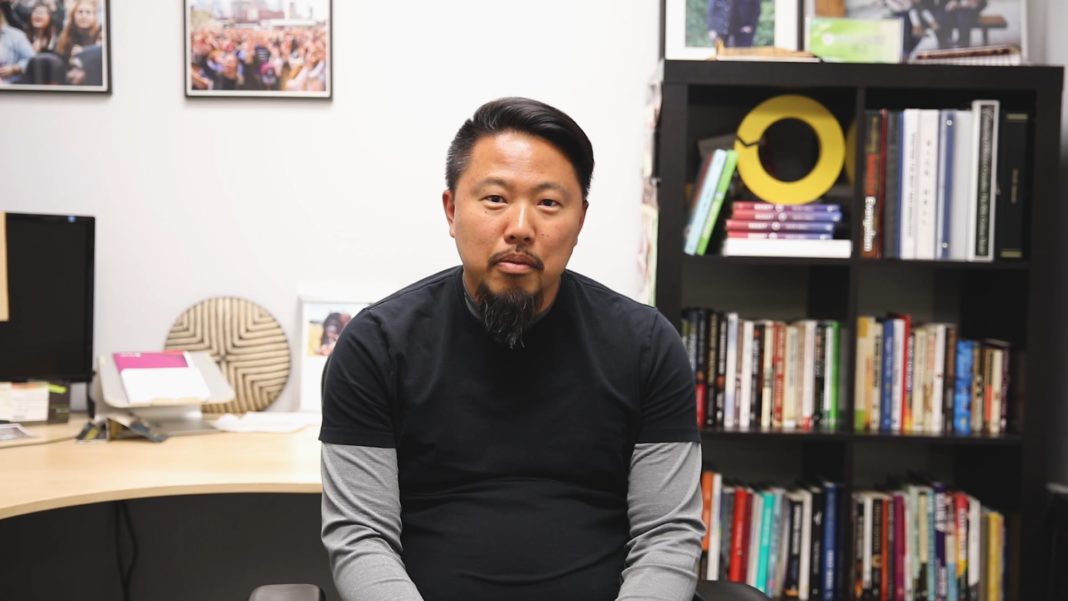The Word Declares God’s Healing Power
When I got born again, I began to learn about healing and the will of God concerning healing. There are many teachings concerning healing and if it is the will of God. I would like to emphasize that, yes, healing is the will of God and here are a few scriptures that talk about it.
In 1 Peter 2:24 the Bible declares, “…by His stripes ye were healed.” Through Christ’s death at the cross, He provided healing for us and if it was not God’s will for us to be healed, he would not have gone to the cross but He did.
 Jesus did not just die to free us from our sins. He also died to redeem us from the curse of the law. Galatians 3:13 declares, “Christ hath redeemed us from the curse of the law, being made a curse for us: for it is written, Cursed is every one that hangeth on a tree:”
Jesus did not just die to free us from our sins. He also died to redeem us from the curse of the law. Galatians 3:13 declares, “Christ hath redeemed us from the curse of the law, being made a curse for us: for it is written, Cursed is every one that hangeth on a tree:”
Christ redeemed us from the curse of the law which was poverty, sickness, and the second death which is separation from God.
In the Old Testament, Deuteronomy 28, God reveals the blessings that come from obedience and curses that come from disobedience. The curses were poverty and sickness, but thanks to Jesus who fulfilled the law and redeemed us from the curse of the law – now by his stripes we are healed! Healing is our portion and God desires us to walk in healing.
The Word of God is God’s will for our lives. He wants us well because He loves us and also so we can fulfill our assignments on earth. To receive healing, we just need to believe what Christ has done for us and declare it over our lives. When symptoms try to come and make us doubt, we are to remind ourselves of the Word and believe because God is faithful to keep His Word.
So, what’s the play call?
Let us embrace the will of God and receive our healing by faith. Let us take the Word of God concerning healing to heart, believe it, and act on it! Confess that word over your lives every day until manifestation occurs. We can have what you say (Mark 11:23).





Well what about covid19
Thank you for sharing the word! Praying and believing God for healing upon my family and household in the name of Jesus. I just need my husband and the rest of my family to grab ahold of this Faith!